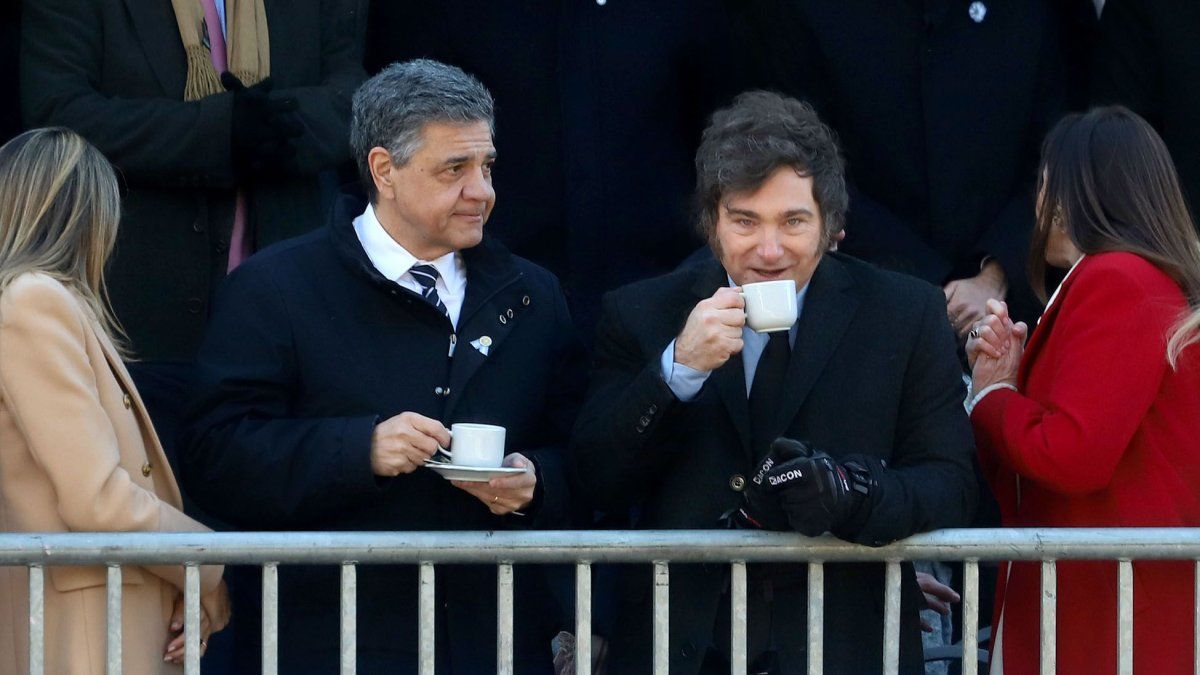The measure Supreme Court injunction of Justice that ordered the Government of Javier Milei return 2.9% of the federal tax revenue to the City of Buenos Aires, generated an additional expense of $450 billion for the national budget.
This is stated in a resolution of the Executive Branch that introduces a budget modification to be able to record the expenditure that the ruling of the highest court in the national accounts, seeking not to put the surplus at risk.
This is a precautionary measure. If the conflict had already been resolved in favor of the City of Buenos Aires, the national government would have to incorporate the money into the shared mass. But that has not happened. It was included in the Budget as a Treasury Obligation.
This Monday they were published in the Official Gazette two administrative decisions, 854/24 and 861/24The first establishes an increase in expenditures under the concept of Treasury Obligations for $392,729 million.
budget-asap.png
“Transfers to Provinces and Municipalities are increased to finance current expenses in $450,000 million from the ’67 program – Regulation Law No. 27,606′ – in order to comply with the provisions of the Preliminary Measure of the Supreme Court of Justice of the Nation that establishes the Federal Tax Sharing Index of the City of Buenos Aires at 2.95%,” says the report Argentine Association of Budget and Public Finance (ASAP).
Additionally, Transfers to the Private Sector are reduced by $10.271 million to Finance Current Expenses and in $47 billion in transfers to Provinces and Municipalities to finance capital expenditures, both from the “Other Financial Assistance” program.
The same Administrative Decision determines an increase in the budget for the Ministry of Defense for $13,131 million and $9.16 billion for the Ministry of Security, among others.
The other administrative decision, 861, determines an increase in Current Expenses by $7,844 million and in Capital Expenses by $25,262 million.
It is worth remembering that until just a few weeks ago the head of government of the City of Buenos Aires, Jorge Macri was demanding payment from the Nation for the Court’s ruling. Macri expected the money It will arrive to you automatically, daily, as is the case with the automatic transfer funds received by all the provinces. But that was not happening.
In the face of complaints, The Minister of Economy, Luis Caputo, clarified that the money from the ruling was being paid weekly through a transfer to the City’s accounts. and that the court order was being complied with.
But the detail is not minor: If the Nation were to include this money in the shareable mass, it would be implicitly giving the City of Buenos Aires the right, even when the underlying cause is not resolved.
The origin of the inclusion of the City in the shared mass for an amount higher than the historical 0.7% It happened during the government of Mauricio Macriwhich decided by decree to automatically give it more funds.
Then, Alberto Fernandez, reversed the decree, took the money and gave it to the then Governor of the province of Buenos Aires, Axel Kicillof, for security expenses. Precisely, those funds were later also cut by Javier Milei to the governor of Buenos Aires in the framework of the chainsaw plan.
In fact, the way in which the national government allocated the new spending indicates that the conflict is not resolved, although Jorge Macri has initially obtained a partial result in his favor.
How the revenue sharing money is distributed
The resources of the Taxes shared between the Nation and the provinces are divided into 44% and 56% respectively. The two most important taxes are VAT and Income Tax. There are other internal taxes that can be shared.
These are automatic transfer funds, which means that they are sent daily to the provinces. The distribution between the provinces, called secondary co-participation, is based on the geographic GDP of each subnational state. This represents a percentage that, according to the 1994 Constitution, should have already been reviewed and modified, but is something that is politically very far from being achieved.
Source: Ambito
I am a 24-year-old writer and journalist who has been working in the news industry for the past two years. I write primarily about market news, so if you’re looking for insights into what’s going on in the stock market or economic indicators, you’ve come to the right place. I also dabble in writing articles on lifestyle trends and pop culture news.




